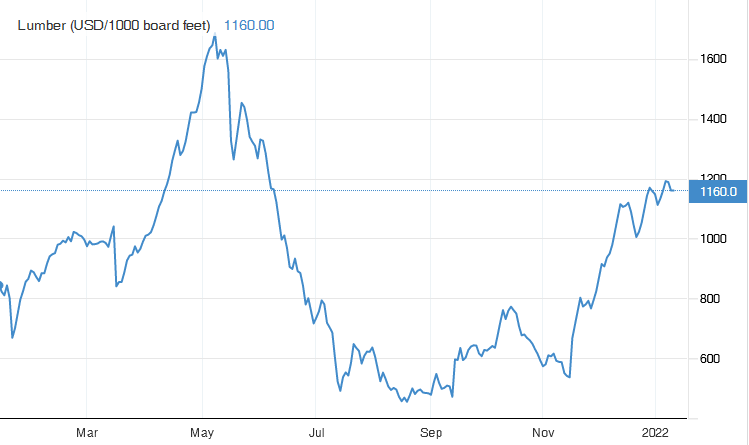
Stocks are simply a collection or shares that belong to different companies. There are two types stock: common stocks, and preferred stocks. Preferred stocks can be described as a mixture of common stocks, bonds, and preferred stocks. These stocks are usually guaranteed to pay a dividend but don't have voting rights.
Many preferred stocks are issued to raise capital or cover company expenses. Preferred stocks may convert to common stock at a predetermined date or at a later time. Most preferred stocks have substantial guaranteed dividends, although this may not always be the case.

There are many types of stocks. The most popular are preferred stocks and common stocks. These stocks can be traded on stock markets such as the NASDAQ or New York Stock Exchange (NYSE). Stocks from smaller firms may be privately held. These stocks can also be bought and sold by brokers on over-the-counter markets. These stocks are commonly known as shares. They can be purchased in lots of 100.
High liquidity stocks are best. These stocks are attractive as they offer income to investors. A stock can be an investment option for investors who want to diversify and grow their investment portfolios. Also important in determining an economy's condition is the rate of accumulation and depletion.
Long-term returns are the best stock to invest in. Different prices may be available depending on market conditions or credit risk. Because interest rates affect the price of bonds, this is why they can have different prices. It is also important that you remember the differences between stocks and bonds. While bonds are considered debt securities, shares are an equity-investment. Stocks are issued by governments in some countries while shares are issued and managed by companies.
Stocks are a perfected fundamental unit. There are also several other types of securities, including derivatives. These include options and a variety of bond products. Stocks such as the S&P 500 are traded on the New York Stock Exchange (NYSE), or NASDAQ. In other countries, however, stocks and bonds are considered fixed interest debt. Stocks might be involuntary in rare cases. These include when there's low demand for a product or when a company faces financial distress. Similar to the bankrupt company, it is more likely that they owe than they have assets. Stocks can also issued in other countries like Japan which have very low capitalization standards.

A stock that is both functionally and strategically relevant is the best stock. A good stock will be able to pay dividends and generate interest, which is a sign that it is an investment that is a good long term investment. In fact, some people invest their retirement money in bonds and stock mutual funds. Bonds can diversify a portfolio. If you have a pension, you may be interested in purchasing stocks.
FAQ
What is a Bond?
A bond agreement between 2 parties that involves money changing hands in exchange for goods or service. It is also known as a contract.
A bond is typically written on paper, signed by both parties. The document contains details such as the date, amount owed, interest rate, etc.
The bond is used for risks such as the possibility of a business failing or someone breaking a promise.
Bonds are often used together with other types of loans, such as mortgages. This means that the borrower must pay back the loan plus any interest payments.
Bonds can also help raise money for major projects, such as the construction of roads and bridges or hospitals.
The bond matures and becomes due. The bond owner is entitled to the principal plus any interest.
Lenders lose their money if a bond is not paid back.
Why are marketable securities Important?
An investment company's primary purpose is to earn income from investments. It does this through investing its assets in various financial instruments such bonds, stocks, and other securities. These securities are attractive because they have certain attributes that make them appealing to investors. They may be considered to be safe because they are backed by the full faith and credit of the issuer, they pay dividends, interest, or both, they offer growth potential, and/or they carry tax advantages.
The most important characteristic of any security is whether it is considered to be "marketable." This refers to how easily the security can be traded on the stock exchange. Securities that are not marketable cannot be bought and sold freely but must be acquired through a broker who charges a commission for doing so.
Marketable securities are government and corporate bonds, preferred stock, common stocks and convertible debentures.
These securities are a source of higher profits for investment companies than shares or equities.
What is a mutual funds?
Mutual funds are pools of money invested in securities. They allow diversification to ensure that all types are represented in the pool. This helps reduce risk.
Professional managers manage mutual funds and make investment decisions. Some funds offer investors the ability to manage their own portfolios.
Because they are less complicated and more risky, mutual funds are preferred to individual stocks.
Statistics
- "If all of your money's in one stock, you could potentially lose 50% of it overnight," Moore says. (nerdwallet.com)
- For instance, an individual or entity that owns 100,000 shares of a company with one million outstanding shares would have a 10% ownership stake. (investopedia.com)
- Our focus on Main Street investors reflects the fact that American households own $38 trillion worth of equities, more than 59 percent of the U.S. equity market either directly or indirectly through mutual funds, retirement accounts, and other investments. (sec.gov)
- Even if you find talent for trading stocks, allocating more than 10% of your portfolio to an individual stock can expose your savings to too much volatility. (nerdwallet.com)
External Links
How To
How to create a trading strategy
A trading plan helps you manage your money effectively. This allows you to see how much money you have and what your goals might be.
Before you start a trading strategy, think about what you are trying to accomplish. You may want to make more money, earn more interest, or save money. You may decide to invest in stocks or bonds if you're trying to save money. If you are earning interest, you might put some in a savings or buy a property. You might also want to save money by going on vacation or buying yourself something nice.
Once you have an idea of your goals for your money, you can calculate how much money you will need to get there. This depends on where your home is and whether you have loans or other debts. You also need to consider how much you earn every month (or week). Your income is the net amount of money you make after paying taxes.
Next, make sure you have enough cash to cover your expenses. These expenses include bills, rent and food as well as travel costs. All these things add up to your total monthly expenditure.
You'll also need to determine how much you still have at the end the month. This is your net disposable income.
You now have all the information you need to make the most of your money.
To get started with a basic trading strategy, you can download one from the Internet. Or ask someone who knows about investing to show you how to build one.
Here's an example: This simple spreadsheet can be opened in Microsoft Excel.
This shows all your income and spending so far. You will notice that this includes your current balance in the bank and your investment portfolio.
And here's another example. A financial planner has designed this one.
This calculator will show you how to determine the risk you are willing to take.
Do not try to predict the future. Instead, be focused on today's money management.